“Empowering girls and women is at the core of all our initiatives. We recognize their immense potential, but too many still face obstacles that silence their ambitions before they begin.”
A New Dawn for Women and Girls: The Merck Foundation and African First Ladies Leading the Charge
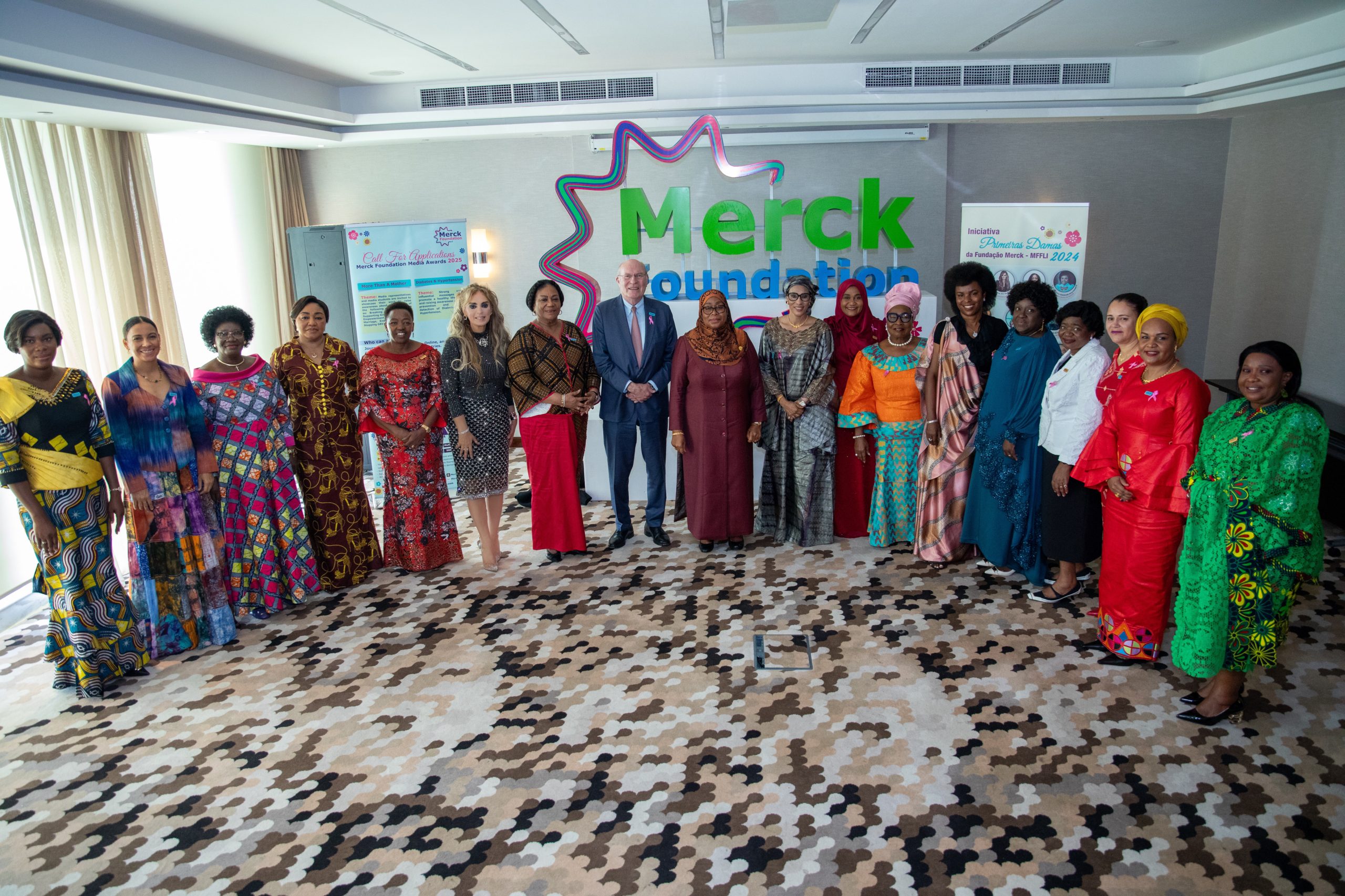
When we talk about International Women’s Day, it’s easy to be swept up by hashtags and headlines.
But behind the slogans and ceremonies lies a quiet, determined movement that has spent over a decade changing the futures of women and girls, not with rhetoric, but with concrete action.
In Africa, one of the most powerful examples of that work comes from an unlikely but effective alliance: a pharmaceutical foundation from Germany and a coalition of African First Ladies. Together, under the Merck Foundation banner, they’ve been doing the quiet work of nation-building, not by building roads or bridges, but by investing in something far more enduring: human potential.
Thirteen Years, One Mission
This year, as the world observed International Women’s Day 2025, the Merck Foundation marked 13 years of partnership with African First Ladies. Their shared goal? To dismantle the systemic barriers that hold back women and girls, from education and healthcare to scientific careers and social stigma.
READ MORE: ‘Fees Have Fallen’, Declares Namibian President Nandi-Ndaitwah
Senator Dr. Rasha Kelej, the dynamic CEO of the Merck Foundation and one of Africa’s most influential women, put it plainly. “Empowering girls and women is at the core of all our initiatives. We recognize their immense potential, but too many still face obstacles that silence their ambitions before they begin.”
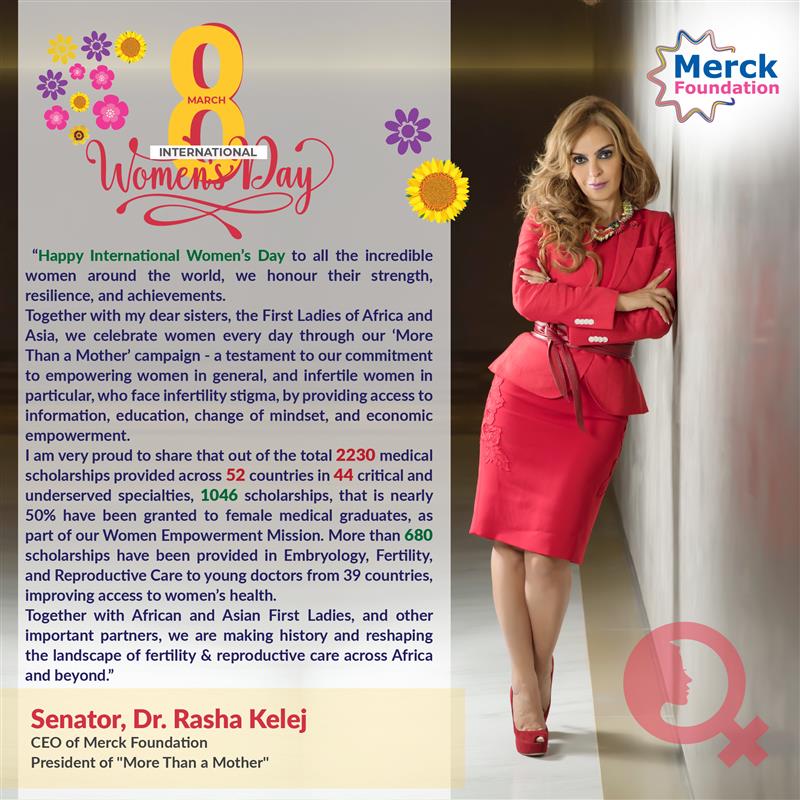
Obstacles like child marriage, lack of access to healthcare, outdated taboos around infertility, and a global economy still tilted heavily against women’s participation.
But Merck Foundation hasn’t just recognized these barriers—they’ve spent more than a decade breaking them down.
Rewriting the Story of Infertility
In many African cultures, a woman’s worth is still tethered to her ability to bear children. This stigma runs deep, leading to emotional, physical, and even economic abuse for women who face infertility.
The ‘More Than a Mother’ initiative, one of the Foundation’s flagship campaigns, confronts this head-on using education, media, and community outreach to challenge harmful norms and provide actual medical support.
By training hundreds of specialists in fertility, reproductive health, and women’s wellness, the Foundation isn’t just addressing the stigma, it’s building the infrastructure to solve it.
Educating Linda—and Thousands More
Perhaps the most visible form of empowerment is education. And through its ‘Educating Linda’ program, Merck Foundation has provided scholarships and school supplies to over 700 girls across 15 countries.
Girls like 15-year-old Tendai in Zimbabwe, who was pulled out of school after her father died. With a scholarship, she’s now preparing for her O-levels, dreaming of becoming a nurse. Or Fatima in Nigeria, who narrowly avoided an early marriage thanks to the support of the local program partners.
These stories are not the exception, they’re the goal.
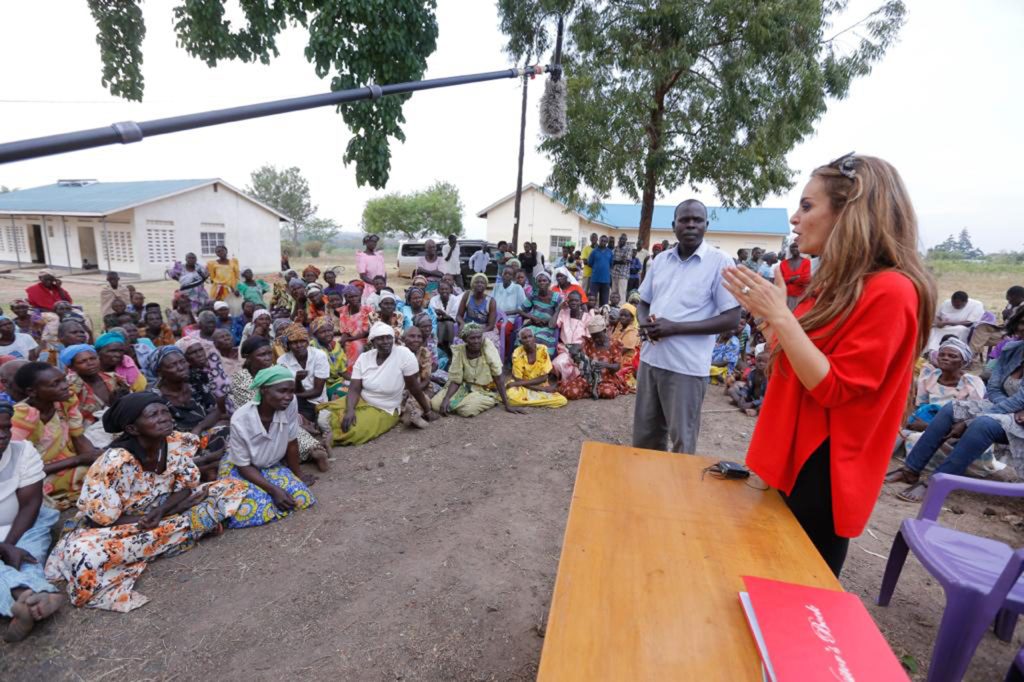
The numbers speak volumes. Over 2,282 scholarships have been awarded across 52 countries, covering 44 medical specialities. Nearly half of the recipients are women. That’s over 1,000 female doctors being trained to serve their communities, often in disciplines that have long been under-resourced in Africa, such as oncology, endocrinology, and women’s health.
And it’s not just about providing more doctors; it’s about creating access, representation, and trust. In many rural communities, women are more likely to seek care if they know a female doctor is available.
“These young professionals are future leaders,” says Dr. Kelej. “They are transforming not only lives but health systems.”
Championing Women in STEM
Gender gaps aren’t limited to classrooms or clinics. They exist in labs, tech hubs, and research institutions too. The Merck Foundation Africa Research Summit (MARS) awards spotlight young African women researchers, celebrating their work and helping to elevate African voices in global scientific conversations.
In a world being reshaped by AI, automation, and biotechnology, getting more African women into STEM isn’t just fair, it’s essential.
But for all the successes, it’s important to be honest. The world is still far from achieving gender equality. Globally, women hold just 24% of parliamentary seats. The gender pay gap sits stubbornly at 23%. One in three women worldwide still experiences gender-based violence. Fifteen million girls of primary-school age are not enrolled in school.
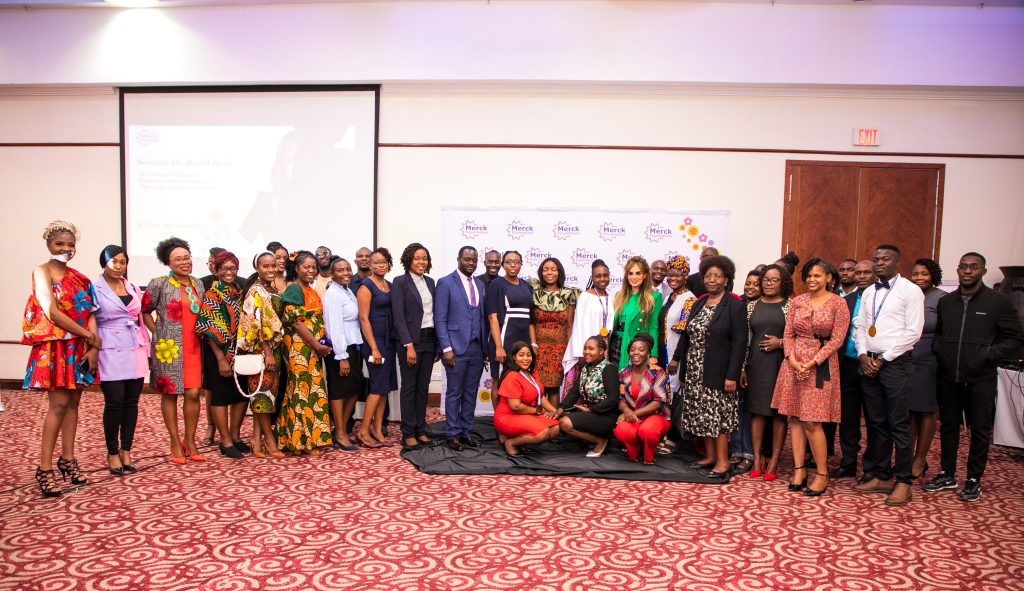
These numbers represent lives paused or derailed, dreams deferred or denied.
That’s why movements like the Merck Foundation matter. Behind every policy brief or scholarship, there is a girl who gets to stay in school. A woman who finds treatment and compassion instead of blame. A family that learns to celebrate its daughters.
A Collective Effort, A Shared Future
The Merck Foundation’s work is deeply African, but its message is global. It reminds us that empowerment is not about charity, it’s about justice. And it doesn’t happen in isolation.
It happens when First Ladies use their platforms not just to cut ribbons but to rewrite national agendas. When ministries of health, education, and gender roll out coordinated programs. When men become champions for change, and communities confront their own harmful norms.
READ MORE: Desiree Ellis Charts Banyana Banyana’s Next Chapter
It happens when philanthropy meets partnership, and when both meet vision.
“When we invest in women and girls,” Dr. Kelej says, “we build stronger families, stronger communities, and stronger nations.”
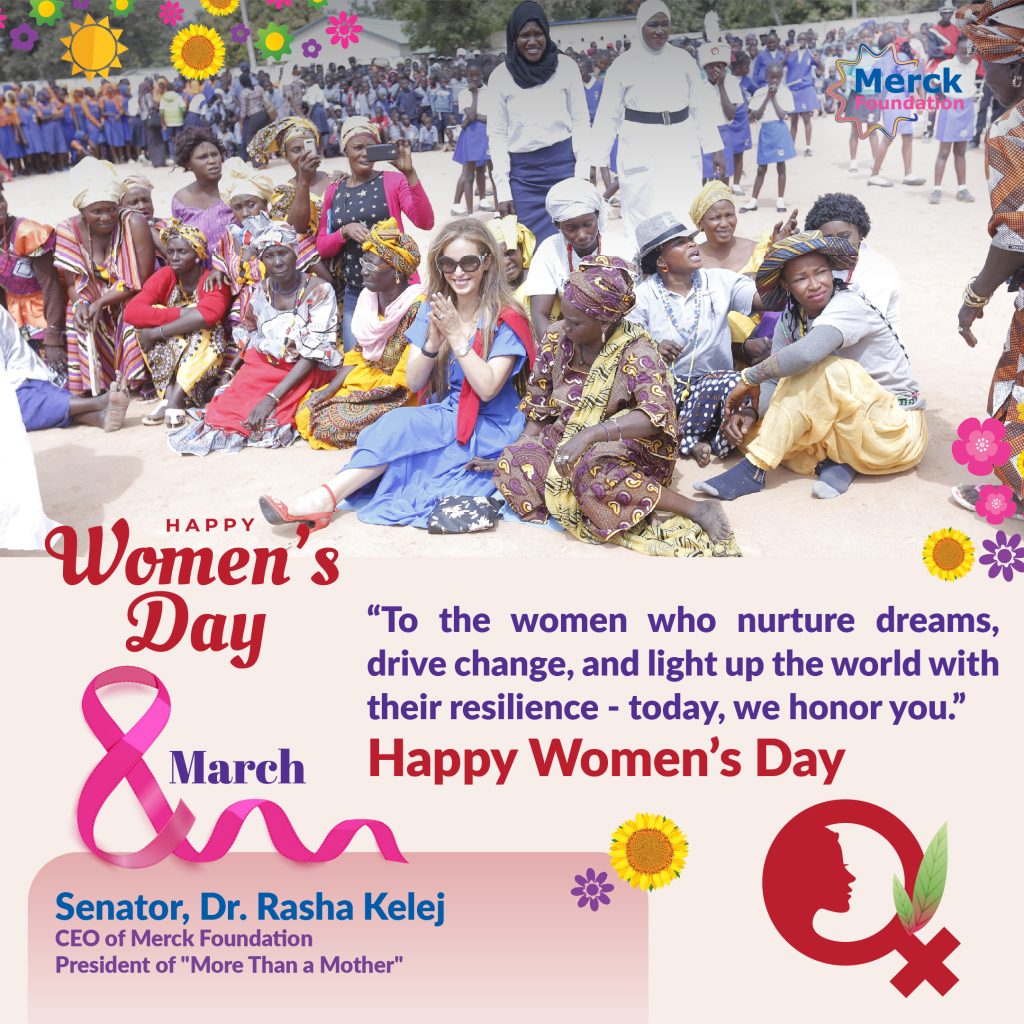
On this International Women’s Day, the global conversation around gender equality continues. Hashtag trends, speeches are made. But for those who’ve spent the past 13 years deep in the work, mentoring, funding, and advocating the mission doesn’t pause for applause.
Their work is not symbolic. It is structural. And it is urgent. Because the truth is, the world cannot afford to keep leavinghalf its population behind.
Not when the solutions to our greatest challenges, climate, health, and inequality, are already in the hands of women and girls. They just need the space to rise.
Subscribe to Our Newsletter
Keep in touch with our news & offers
Thank you for subscribing to the newsletter.
Oops. Something went wrong. Please try again later.










